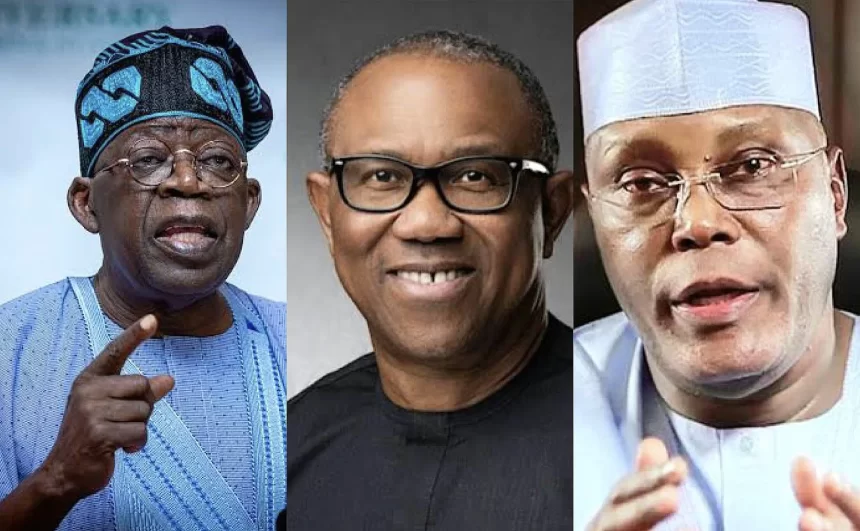In a nation where politics can stir the deepest emotions, Nigeria is currently gripped by anticipation as the Presidential Elections Petition Tribunal (PEPT) prepares to render its judgment come September, 2023. This landmark case has laid bare the challenges of managing elections effectively, sparking legal challenges and fervent discussions among citizens.
The crux of the matter lies in the aftermath of the February 25 Presidential Election, where incumbent President Bola Ahmed Tinubu, representing the All Progressives Congress (APC), was declared the victor with 8,794,726 votes. However, the announcement was met with fierce opposition from the Peoples’ Democratic Party (PDP), led by its presidential candidate Atiku Abubakar, and Peter Obi of the Labour Party (LP).
Election Transparency Under Scrutiny
One of the pivotal issues that has catapulted this election into the courtroom is the Independent National Electoral Commission’s (INEC) alleged failure to transparently collate ballots. This has raised valid concerns about the integrity of the electoral process, leaving many questioning the true will of the people.
Additionally, doubts about President Tinubu’s qualifications for the highest office in the land have fueled the legal challenges. This dual controversy has created a perfect storm of uncertainty in Nigeria’s political landscape.
A Glimpse into Nigeria’s Economic Woes
Beyond the courtroom drama, Nigerians are grappling with an economy that has dealt them devastating blows. President Tinubu’s economic policies, implemented after succeeding his predecessor, Muhammadu Buhari, have led to significant hardship for citizens.
The abolition of the fuel subsidy regime resulted in an instant and staggering 300 percent increase in the price of petrol, a move that rippled through various sectors of the economy. Moreover, his unification of foreign exchange rates precipitated a sharp depreciation of the local currency, leaving many struggling to make ends meet.
The Balance Between Stability and Change
Yet, amid these debates, another crucial question emerges: would a court-ordered leadership change plunge Nigeria into chaos? The potential for civil unrest looms large, adding another layer of complexity to the situation.
As September approaches and the nation watches with bated breath, Nigerians must prepare for all possible outcomes. The verdict of the Presidential Elections Petition Tribunal will undoubtedly shape the country’s future, potentially paving the way for stability, change, or further division.
In the end, the hope is for a resolution that respects the democratic will of the people while safeguarding the nation’s stability. As the judicial process unfolds, Nigerians are reminded of the profound impact their choices can have on the nation’s destiny, and the importance of safeguarding the integrity of their democracy.
*Jude Obuseh is the Executive Director of Conflict Prevention and Peace Building Initiative (CPPBI)



Leave a Reply